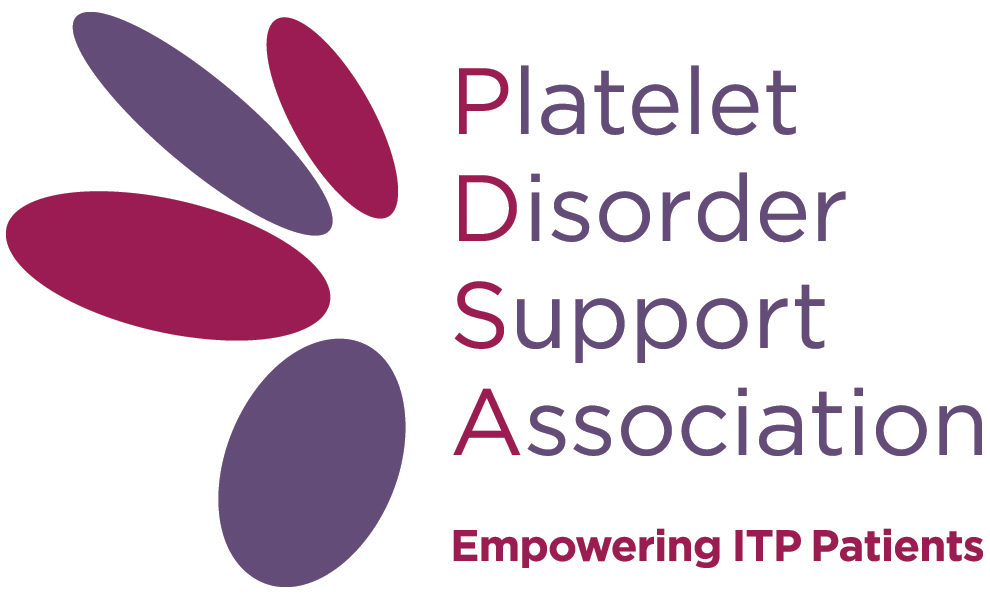ELIZABETH'S ITP JOURNEY
 It was a normal Friday morning in November 2020. I dropped off my 18-month-old daughter at daycare and noticed a tiny red mark on her neck. I wasn't too worried, I thought maybe her car seat strap rubbed or pinched her. 6 hours later, her teacher calls and says that she now has 15 red spots on her neck and there are more clusters on her arms and ear. My gut told me, blood disease. I took her to her pediatrician, (thankfully they are open late) and they took her hemoglobin (which was low) and noticed the large amount of bruising on her legs. The nurse practitioner told me that it was most likely one of two things... either ITP or Leukemia and that we needed to take her to our hospital in downtown Orlando that night.
It was a normal Friday morning in November 2020. I dropped off my 18-month-old daughter at daycare and noticed a tiny red mark on her neck. I wasn't too worried, I thought maybe her car seat strap rubbed or pinched her. 6 hours later, her teacher calls and says that she now has 15 red spots on her neck and there are more clusters on her arms and ear. My gut told me, blood disease. I took her to her pediatrician, (thankfully they are open late) and they took her hemoglobin (which was low) and noticed the large amount of bruising on her legs. The nurse practitioner told me that it was most likely one of two things... either ITP or Leukemia and that we needed to take her to our hospital in downtown Orlando that night.
We made sure that our 6-year-old daughter was taken care of by grandma and grandpa and made our way to the ER. They took a larger blood sample and we waited for the results... Eventually they found that her platelet levels were 10,000 and admitted us to the PICU for treatment. She received WinRho and we waited to see if she reacted to it. She thankfully only had a mild fever, and her numbers went up far enough for us to be discharged within 48hrs.
The next few months were a rollercoaster of emotions and worries. Her platelets were up and down. In January, she needed a second dose of WinRho and we stayed at the hospital for another 48 hours. Her platelets increased again, and we were discharged. Thankfully, our Elizabeth has had great platelet numbers since her last treatment in January and we are spacing out her doctors’ appointments a little further each time.
During all of the over 25 doctor visits with blood work each time, Elizabeth does amazing and has been their best patient each time, no matter how many times they have to stick her. She loves picking out her band-aids and we always make sure she has a treat. She still has excessive bruising and also has a platelet aggregation deficiency, so we keep an eye on our rough and tumble little 2.5-year-old! We want to walk to help others and raise awareness for ITP and help those that are affected by it.
PDSA is a 501 (c)3 organization.
Contributions are tax deductible to the extent of the law.
PDSA is eligible for corporate matching programs.
PDSA receives NO federal funding.



